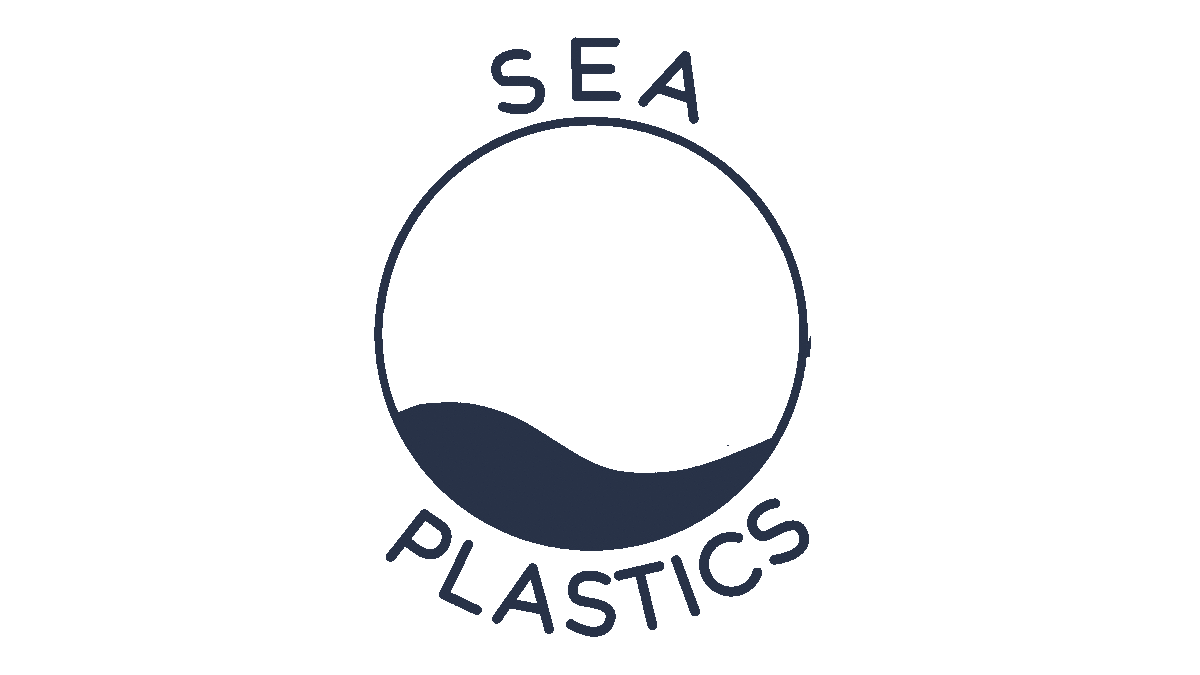Scientific program
2020 expedition
The scientific studies of SEA Plastics are built according to the needs of researchers and the current understanding of the marine world. As the issues and knowledge around microplastics evolve over the years, we are setting up active collaborations with researchers who inform us of new issues and their current needs in terms of physical data, environmental samples and experimental protocols.
Expédition 2025
Cette année, un projet de recherche est monté avec le CNRS afin d'étudier la plastisfère. Ce terme désigne les communautés microbiennes qui se développent sur les plastiques et se déplacent par ce biais. Nous allons essentiellement analyser les impacts observés sur les bactéries lors d'un changement de conditions (entre fleuve et Atlantique, puis entre Atlantique et Méditerranée).
Un autre partenariat avec l'association FLOW permet de récolter des informations sur la présence de macro et microplastiques du littoral afin de contribuer à la recherche sur leur impact dans le monde.
Nous allons également étudier les planctons dans le cadre de sciences participatives via la plateforme I-Naturalist.

_edited.png)
Cette année sera également la 4e année la collaboration avec l'association suisse Oceaneye.
Expédition 2024
Un premier partenariat entre Sea Plastics et le laboratoire MAPIEM (Materiaux Polymères Interfaces Environnement Marin) de l'Université de Toulon aura pour objectif d'étudier les interactions entre les biofilms marins et les microplastiques prélevés lors de notre expédition. En effet, Les biofilms correspondent aux communautés microbiennes qui colonisent les surfaces, notamment en milieu marin. Au sein de cette communauté microbienne des biofilms marins, les microorganismes photosynthétiques, qui sont principalement des diatomées, sont très sensibles aux variations des conditions environnementales. En effet, les espèces changent en fonction des polluants (nutriments, polluants organiques ou métalliques) présents dans l'eau, ce qui implique que la connaissance de ces communautés peut fournir des informations sur la qualité de l'eau. Leurs congénères d'eau douce ont déjà été largement utilisés pour la bio-indication en rivière.
Notre travail consiste à participer aux expériences complémentaires in situ et/ou en laboratoire destinées à mieux comprendre les interactions biofilms-polluants en menant une approche pluridisciplinaire permettant l'analyse des communautés de diatomées (métagénomique), la bioaccumulation des polluants (organiques et métalliques) et la composition chimique de la matrice EPS (composition biochimique, métaprotéomique et métabolomique).


Cette année marque une troisième année la collaboration avec l'association suisse Oceaneye.
Expédition 2023
Après 2 ans de partenariat avec l'UMR SayFood sous tutelle d'AgroParisTech, SeaPlastics tente de développer de nouvelles méthodes d'identification et de quantification des microplastiques dans l'océan. Pour ce faire, nous réaliserons des prélèvements au filet manta (maille 300 μm) en surface en triplicat (c'est à dire 3 échantillonnages pour 1 lieu de prélèvement) ainsi qu'un échantillonnage au filet fermant (maille 75 μm) dans la colonne d'eau lorsque les conditions le permettront (mer stable).
Les fiches protocoles d'échantillonnage sont disponibles ici.
Un nouveau partenariat a été créé cette année avec l'Institut Terre et Environnement de Strasbourg (ITES). Nous allons collecter des échantillons de microplastiques grâce au filet manta (maille 300 μm) en surface. Les échantillons seront d'abord envoyés au collectif Ocean Eye (voir ci-dessous) qui réalisera une analyse quantitative et qualitative des microplastiques récoltés dans le filet. Ces échantillons triés seront par la suite envoyé à l'ITES où une analyse au scanner isotopique (EA-IRMS) sera réalisée.
En effet, selon le type de plastique (polypropylène (PP), polystyrène (PS), PVC…), l’origine des matières premières (végétale ou pétrole), la fabrication des polymères (voie de synthèse), les compositions isotopiques en carbone (δ13C) diffèrent.
Ainsi, la composition isotopique du carbone de microplastiques prélevés dans l'océan sera comparée avec des compositions isotopiques de microplastiques provenant de différentes sources (fabricant, composition, pays…) dans le but de retrouver l'origine de ces plastiques.
Scanner EA-IRMS
Nous poursuivrons une nouvelle année la collaboration avec l'association suisse Oceaneye.
Base de donnée Ocean Eye
Phase 1: Sampling
The studies initiated last year alongside researchers from AgroParisTech (UMR SayFood) and the National Metrology and Testing Laboratory (LNE) will be continued during the 2022 expedition.
The experiments implemented will aim to develop new methods for the identification and quantification of microplastics and nanoplastics in seawater.
Some of the samples collected will be used to feed databases, which will serve as references concerning plastic pollution in the marine environment.
A new collaboration has been set up with the Swiss association Oceaneye . We are happy to participate in its citizen science program by being part of their network of volunteer sailboats collecting samples of microplastics. These will be sent to the association's laboratory for analysis and study in Geneva. The data generated will then be integrated into the Oceaneye microplastic pollution map and shared with international organizations (IUCN, G2,0 , United Nations Environment Programme) as an aid to political and economic decision-making.
The collection of samples for Oceaneye will be done using another manta net, loaned by the Swiss Cetacean Society , a Swiss NGO dedicated to the conservation of marine mammals and ensuring the logistics at sea of environmental scientific programs.
The 2022 expedition will also be an opportunity to set up our own experiments to contribute to a better understanding of microplastic pollution. We are looking at two themes:
1. the transport of micropollutants by microplastics
2. Aging of microplastics under environmental conditions
Two experiments will be on board our laboratory sailboat, designed with the help of the CEL laboratory at EPFL.
The samples and products from our experiments on board will be analyzed by Laurine, during her master's project from September 2022.








